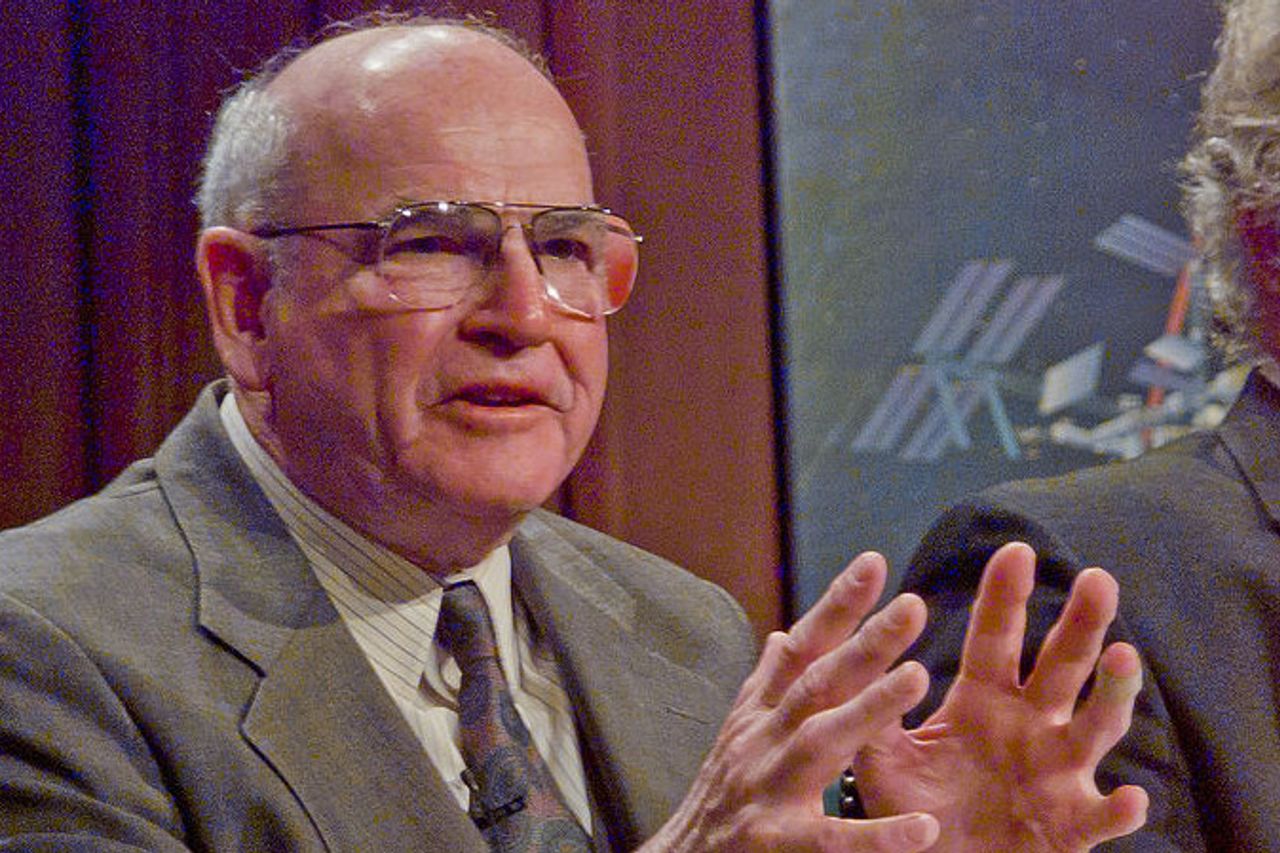History Of World Hepatitis Day: Findings Of The Disease And Its Vaccine By Dr. Blumberg

JAKARTA - Every July 28, the world commemorates World Hepatitis Day. The choice of July 28 as hepatitis day coincided with the birthday of Dr. Baruch Blumberg, the discoverer of the hepatitis B virus. He is also the first person to develop a hepatitis B vaccine in the world.
World Hepatitis Day is observed every year. The aim is to raise awareness about viral hepatitis, an inflammation of the liver that causes severe liver disease and hepatocellular cancer.
The theme for World Hepatitis Day 2021 is Hepatitis Can't Wait. This theme conveys the urgency needed to eliminate hepatitis as a public health threat by 2030.
According to the WHO one person dies every 30 seconds from a hepatitis-related illness, even in the current COVID-19 crisis. Citing the CDC website, Hepatitis is a group of infectious diseases.
Hepatitis is known in the grouping of Hepatitis A, Hepatitis B, Hepatitis C, Hepatitis D, and Hepatitis E. The Hepatitis group of diseases affects millions of people worldwide.

Hepatitis causes acute liver disease in the short term and chronic in the long term. Hepatitis B cases were first discovered in 1964.
Dr. Blumberg identified the antigen for Hepatitis B in the blood of an Indigenous Australian. Dr. Blumberg succeeded in identifying the Hepatitis B virus, complete and its role in causing acute and chronic hepatitis and liver cancer.
After the virus and its antigens were identified, Dr. Blumberg and team developed a test to detect it. This breakthrough resulted in accurate diagnosis of individuals with hepatitis, protecting the blood supply, and developing vaccines.
By preventing chronic Hepatitis B, which also causes liver cancer, the vaccine Dr. Blumberg effectively became the first "anti-cancer" vaccine.
Citing the New York Times, Dr. Blumberg began investigating the virus by studying jaundice. It is so named because the sufferer has characteristic yellowing of the eyes and skin.
Since 1940, medical researchers have established that there are two forms of jaundice caused by viruses. One was caused by an intestinal infection. Others are spread through blood transfusions.
A scientific field visit to determine the agent responsible for blood-borne jaundice was carried out by Dr. Blumberg and colleagues. They conducted the research in the Philippines, India, Japan, Canada, Scandinavia, Australia, and Africa.
In the end, the virus was found from aboriginal Australians. It was still named the Australian antigen, a protein found on the surface of the Hepatitis B virus.
Interests Dr. Blumberg traced the variety of diseases to which he was prone to visiting volunteer services during medical school. He does volunteer work in a remote mining town in Northern Suriname.
There, Dr. Blumberg helped people give birth, conducted clinical services and conducted the region's first malaria survey. He is also very interested in sugarcane plantation workers who are imported from various continents.
“From India, Java, Africa (including the Djukas, descendants of rebel slaves who lived in autonomous kingdoms in the interior), China, and a handful of Jews descended from 17th-century migrants to the country from Brazil, coexisted,” writes Dr. Blumberg in an essay.
"Their responses to many infections in the environment are very different," he added.
Dr. Blumberg wrote his first scientific paper based on the study. In addition, Dr. Blumberg also visited the tropics repeatedly. “Nature operates boldly and dramatically in the tropics,” he wrote.
His services in finding Hepatitis B and its vaccine made Dr. Blumberg was awarded the Nobel Prize in Physiology or Medicine in 1976. Blumberg served on the Scientific and Medical Advisory Board of the Hepatitis B Foundation from 1992 until his last breath in 2011.
*Read other information about WORLD HISTORY or read other interesting articles from Putri Ainur Islam.
TODAY'S HISTORY More